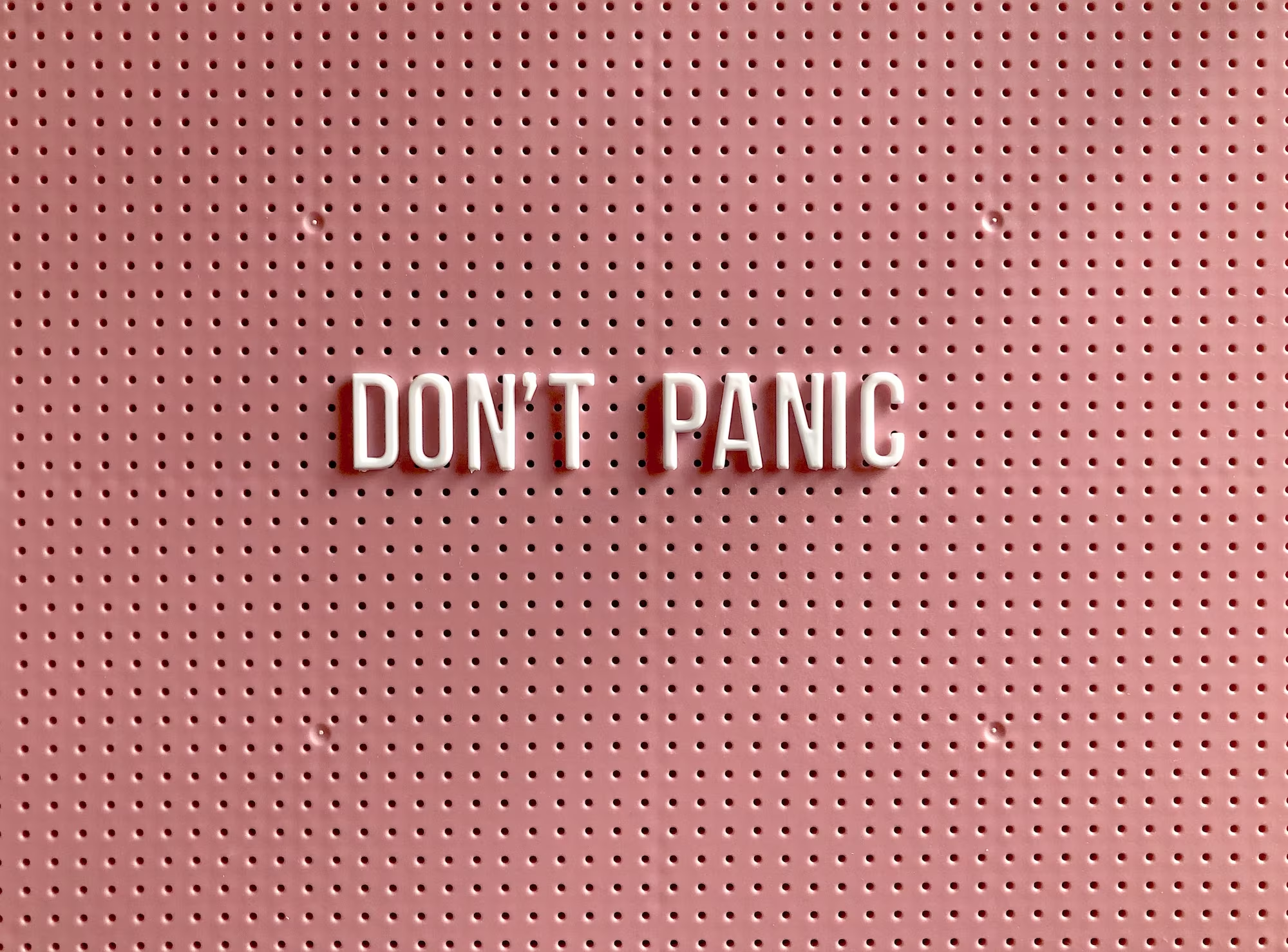Hello all,
As the pressure to adopt AI picks up pace, just as hype turns to cynicism in the world’s press, where will all this AI kerfuffle shake out? I’ve found it so hard to browse social media recently, seeing people who I respect deeply but who also seem convinced that AI is a racket, a bubble that’s about to burst – in my view entirely wrongly. I’ve also struggled with rampant, unrealistic hype from people who should know better (and people who don’t).
Amid this confusion, I’ve tried to stake out what I think is a sensible, rational position on what AI is and isn’t, what it can do and can’t do, and where we should go next. I think this sort of thinking is too important to leave to poorly socialised techbro libertarians, bonkers accelerationist post-humanists, and venal and amoral venture capitalists.
Let me know what you think.
Best,
Rob
This week’s article
My stance on AI
Staking out a position in an evolving world; trying to figure out whether ethical AI usage is possible; charting a course between the doomsters and the boosters.
Click here to read the article »
This week’s two interesting links
The radicalisation spiral (£)
Sam Freedman on the high-speed pipeline that seeems to funnel certain people towards predominantly right-wing online propaganda:
“Over the last few years I’ve watched a disturbing number of people I used to know fall victim to the radicalisation spiral. It’s unnerving watching acquaintances who seemed relatively normal suddenly become obsessed with antivaxxer propaganda or start retweeting Tommy Robinson. I suspect many readers know someone, even if only tangentially, who’s disappeared down an online rabbit hole.”
Dust – what time does to art
A thoughtful and moving piece by Tom Cox on the effect of time passing on art, as experienced when watching Get Back:
“It’s something very rare: a largely unaltered portrait of newborn art before any dust has settled on it. Time will make its refinements and adjustments to that art, just as it always does. You don’t have any control over that, even if you’re the most famous band in the world. All you can do is try to be as free as possible, give yourself space to fail, which is the same space that could very likely also permit you to flourish. Then it’s up to your other collaborators, which are the years that stretch out in front of you. They could be looked on as a kind of invisible post-production. They’ll sort it all out. They always do, even if they’re sometimes cruel or unsympathetic to your personal circumstances while going about it.”
